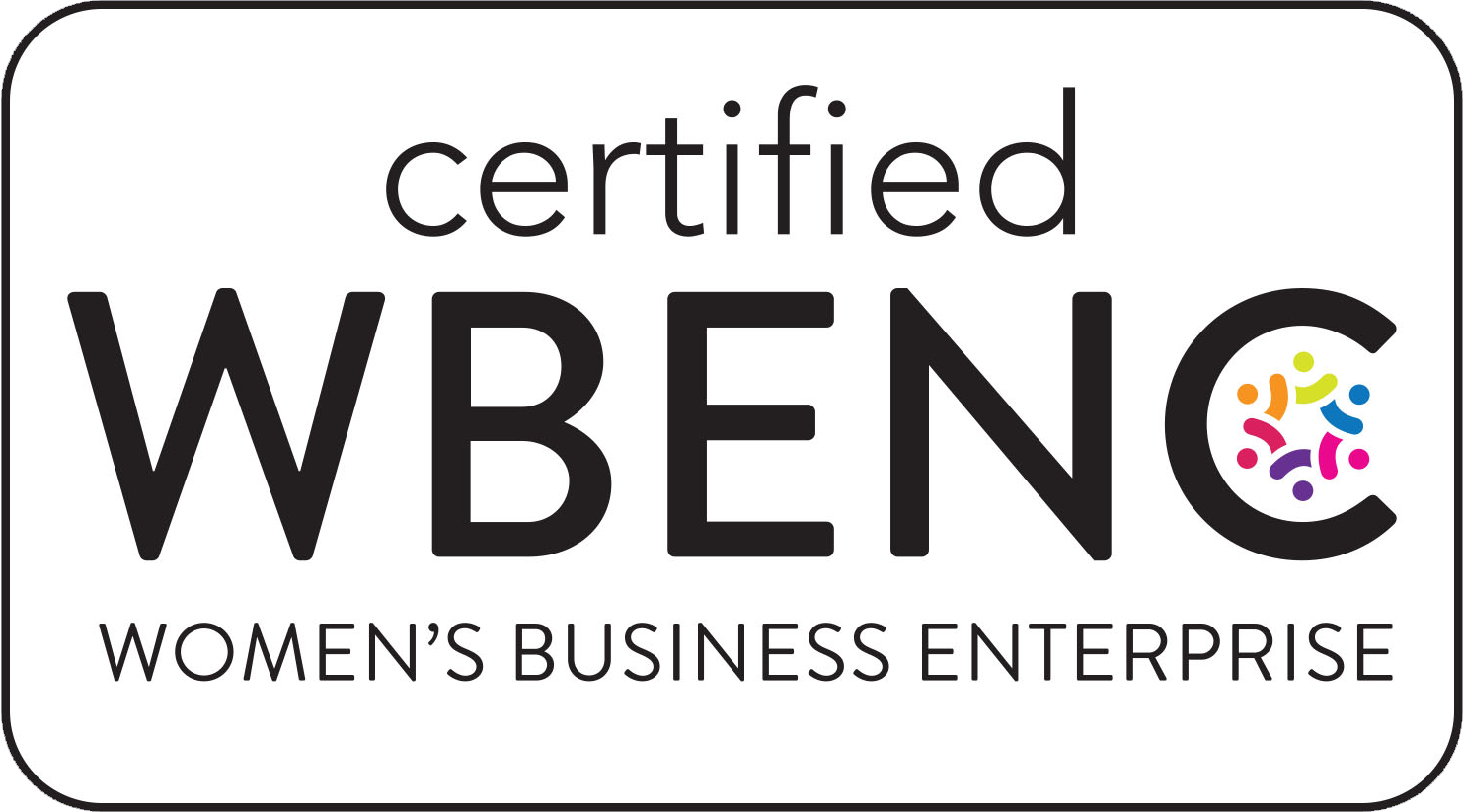Voluntary Benefits and the Form 5500
When are voluntary benefits subject to ERISA?
The answer depends on the facts and circumstances surrounding the operations of the plan.
Department of Labor (DOL) Regulations 2510.3(j)(3) provides a “safe harbor” from the ERISA plan definition for certain group-type insurance programs. Under the DOL Regulations, the definition of an “employee welfare benefit plan” and welfare plan” shall not include the following programs offered by an insurer under which:
- No contributions are made by an employer or employee organization;
- Participation in the program is completely voluntary for the employees;
- The sole function of the employer with respect to the program are, without endorsing the program, to permit the insurer to publicize the program to employees, to collect premiums through payroll deductions and remit them to the insurer; and
- The employer receives no consideration in connection with the program, other than reasonable compensation, excluding any profit, for administrative services actually rendered in connection with payroll deductions.
In order for the safe harbor to apply, the voluntary program must meet all the above conditions. This means that premiums for the voluntary programs are paid 100% by the employee and the employer simply acts as a conduit to withhold premiums from the employees pay and remitting it to the insurance carrier.
For a voluntary program to meet the safe harbor, it cannot be “established or maintained by the employer.” If premiums for the voluntary program are withheld pre-tax under a cafeteria plan, the benefit will be deemed to be provided by the employer and will be subject to ERISA and the Form 5500 filing rules and requirements.
When are voluntary benefits endorsed by the employer?
It is important to note that the voluntary program cannot be endorsed by the employer. Endorsement is the most difficult part of safe harbor compliance. The DOL Advisory Opinion 94-23A clarifies Section 2510.3-1(j)(3) regarding endorsement. It is difficult to determine how the DOL or the courts will view endorsement. However, several court cases have identified certain actions that will be considered endorsement. Below is a list of factors that some courts have stated to constitute employer endorsement.
If the employer:
- Recommends the program to employees
- Selects the insurer or coverage to be provided
- Negotiates the rates, terms or design of the program
- Distributes information regarding the voluntary program with other employer offered ERISA benefits, i.e. including the voluntary program in the employee handbook.
- States that the program is subject to ERISA
- Does more than withholding premiums from employer pay and remitting premium payments to the insurer such as sending premiums notices, assuming liabilities for premium payments, collecting premiums other than through payroll deductions
- Assisting employees with claim and disputes
The following factors may also constitute employer endorsement:
- The insurance contract is issued in the employer’s name. (this is the most common evidence of endorsement)
- The employer’s name is used in the plan information distributed to employees
- The insurer offers premiums discounts to employees that are not offered to non-employees
Keep in mind that some courts may not find that a voluntary program is subject to ERISA just because an employer does not comply with all endorsement factors above. However, a combination of endorsement factors may need to be present for a voluntary program to be subject to ERISA.
An employer or employee organization may permit an insurer, insurance agent, or insurance broker to market a program to its employees or members, facilitate the publicizing and marketing of the program, collect premiums through payroll deductions and remit the premiums collected to the insurer without violating the endorsement.
Contact 5500Tax Group today for assistance in determining if your voluntary benefit program is subject to ERISA.
